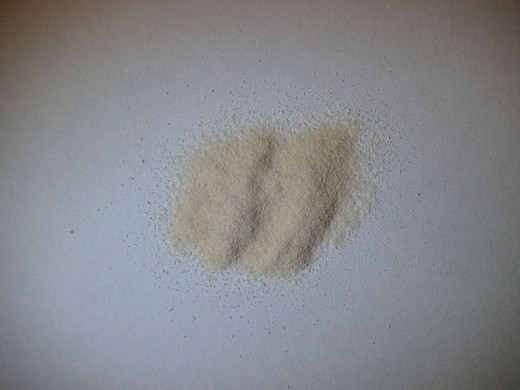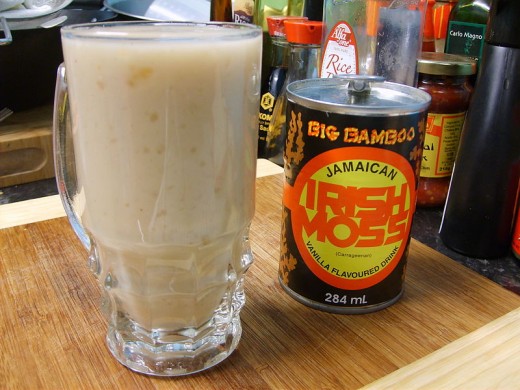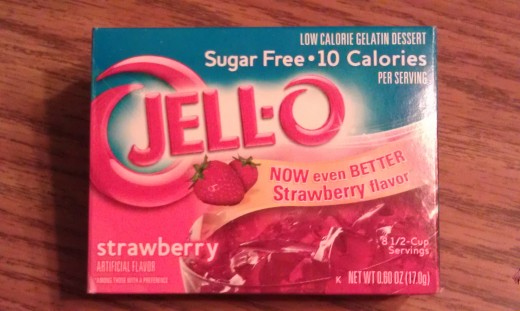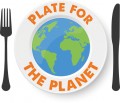Which Is Better or Healthier to Consume Plant-Based Gelling Agents or Animal-Based Gelling Agents?
The answer depends on your health and/ or ethical stance. Both types of gelling agents are rich in nutrients and support great health. And both can be injurious especially to consumers with particular allergies. There are a number of superb plant-based gelling agents which manufacturers substitute for the animal-based product. Some are derived seaweed or algae. Others are extracts of plant tubers, pods or seeds.



Plant-Based Gelling Agents
Agar-Agar, a reddish purple alga, also called Japanese isinglass, kanten, Chinese isinglass, and Angel’s hair has been used in Japan since the 15th century. It is also found along the Californian coast. It makes a firmer gel than animal-based agents and does not require refrigeration to set, but enzymes in citrus and other fresh fruits such as papaya, peaches, and strawberries do prohibit its gelling ability. Agar-agar is low in calories, cholesterol, and sugar and packed full of protein, fiber, iodine, calcium, potassium, sodium, and iron. It is good for weight loss, digestive issues, constipation, and hair growth. Interaction with medications is unknown. It can be purchased as powder, flakes, bars or strips.
Carrageenan is derived from purple seaweed found on the coast of Ireland, France, and North America. It has been used in Ireland for centuries under the moniker, Irish moss. It makes a softer gel than agar-agar and reacts well with dairy. Carrageenan comes in three types, but the one used for gelling is kappa-carrageenan (the other two, iota and lota are used mainly as emulsifiers and thickeners). It is quite soluble in water and can be bought as refined and semi-refined. The refined takes longer to make. The semi-refined uses potassium hydroxide to speed up the process.
Carrageenan has protein, pectin, vitamins B and K, and folate, minerals potassium, calcium, magnesium, selenium, manganese, iron, phosphorus, zinc, and bromine. Scientific data of the last decade show it to be helpful in treating colds, pneumonia, tuberculosis, the Human Papilloma Virus (HPV), and herpes as well as creating smoother and softer skin. Other studies performed on animals indicate that the seaweed may contribute to breast and colon cancer and gastrointestinal ailments. Those tests were performed with degraded product which is not used in food. However, some European countries allow it in medications.
Locust or carob bean gum has been cultivated in Israel since 4,000 BC. Carob trees, whose seeds provide the gelling agent, are plentiful in the Mediterranean and Western Asia today. The endosperm of the seeds is milled into powder which binds with water to form the gel. Locust bean is low in calories, cholesterol, and fat, so it is perfect for weight loss. It is also high in fiber, potassium, calcium, phosphorus, magnesium, and some protein. It is good for digestive complaints and skin and eye infections. There are no known side effects or adverse drug interactions.

Animal-Based Gelling Agents
Animal-based gelling agents are made from the collagen in the skin, bones, ligaments, and cartilage of pigs or cattle. Skin is used more commonly especially in the United States. The Food industry at-large uses this gelling agent in soups, sauces, candy such as gummy bears and marshmallows, desserts such as yogurt, ice cream, puddings, Jell-O, creamy pastry, and cakes, jams, some dairy, and toppings such as whipped cream. Pharmaceutical manufacturers use it as the encapsulating material for vitamins and medicines. A few food companies do opt to use gelling agents made from fish bones.
Animal-based gelling agent is protein-rich and as such has amino acids that are essential to humans. It helps joint pain, and promotes stronger hair and nails, hair growth, and healthy skin. Though the United States Food and Drug Administration regulate the commercial production, animal-based gelatinized products may be harmful to people with allergies to certain chemical compounds and to those whose systems are unable to break down animal protein. Another issue is the scientific findings that animal gelatin in the measles, mumps, and rubella vaccine causes hives (itching, redness of the skin, and rashes) and anaphylaxis (swelling of the face, tightness of the throat, shortness of breath, and light-headedness) in children. This research was cited in the article, “Allergies to Gelatin” on the website, www.livestrong.com.
Other Types of Gelling Agents
In recent years, Chinese researchers have been working on the possibility of creating a human-based gelatin by injecting human genome into a strain of yeast.







